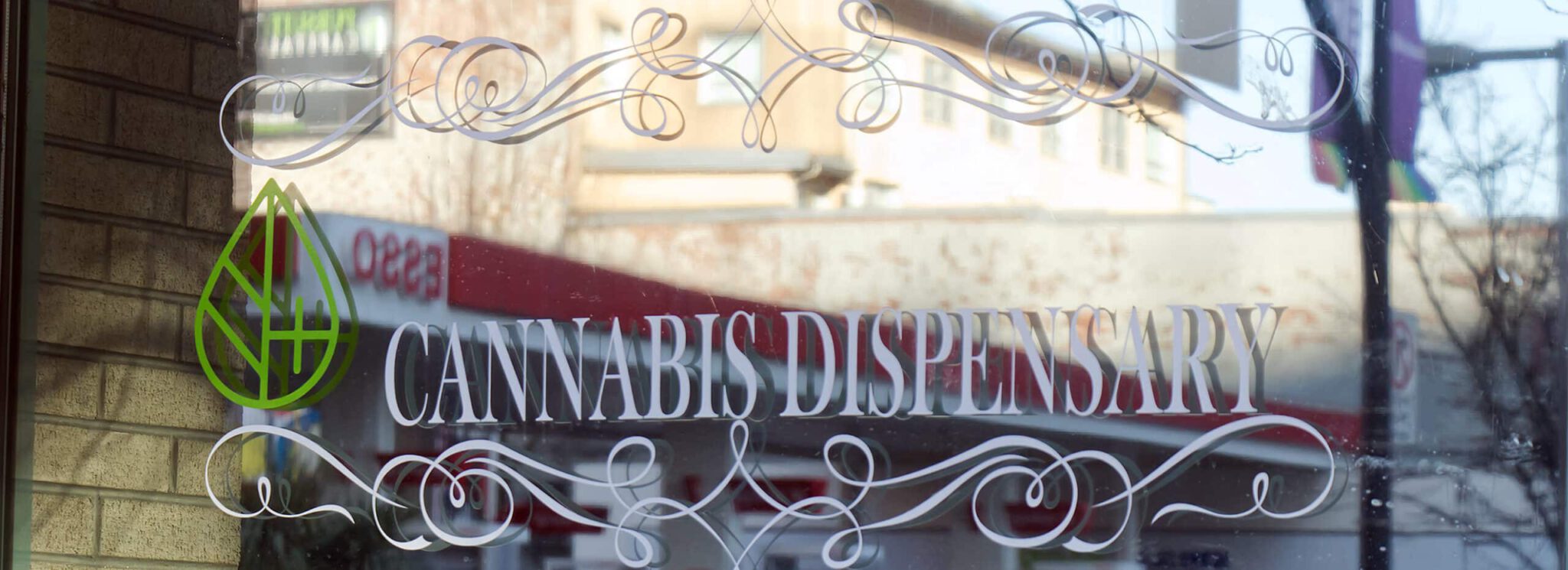What do grocery stores, hardware stores, banks, and cannabis businesses have in common? Governments consider all of them as essential businesses in the times of the COVID-19 pandemic. A few short years ago, anyone selling cannabis would’ve been arrested. Today, governments are declaring cannabis businesses as essential.
That’s because patients need medical marijuana to alleviate pain and nausea. Some deal with anxiety. The coronavirus can exacerbate that especially for those with mental health challenges. By no means, though, is this easy on the industry. Cannabis businesses face another obstacle: the ever-evolving rules. They must stay on top of the regulations and adjust.
How COVID-19 Causes Regulations to Evolve Quickly
The Motley Fool confirms
cannabis dispensaries providing medical marijuana in most U.S. states can remain open. Still, they must follow social distancing requirements.
Here’s an example of how regulations keep changing. Inititally, British Columbia, Ontario, Alberta, and Quebec declared licensed cannabis stores as essential, according to Marijuana Business Daily Then, a few days later, Ontario announced private-sector stores must close for at least two weeks. Its residents can obtain cannabis from government-owned stores.
A Marijuana Policy Project chart
outlines what each U.S. state can and cannot do in terms of delivery, curbside pickup, telemedicine, and other measures. Adult-use, or recreational marijuana, is a different story. Whether a store can sell recreational cannabis depends on local regulations. Massachusetts, for one, does not allow sales of adult-use marijuana.
It’s important to note that every state has different rules for distribution. Stores can institute their own policy. For example, a Georgia dispensary only accepts online orders. No one can enter the shop. They ensure employees remain six feet away from customers at the pick-up table.
While states may relax some rules, security is still a requirement, and it’s one of the most stringent. To complicate things, regulations vary by state and province. Nonetheless, businesses are increasing their security in light of the pandemic. With fewer employees on site, they want to ensure their employees and assets stay safe.
How’s the Cannabis Business Faring During the Coronavirus?
The economy is benefitting from cannabis businesses. Some of the dispensaries have hired laid-off workers from other industries. Some Canadian cannabis labs may find themselves in a new business. Cannabis researchers and labs have offered to help with COVID-19 testing. They’re not yet in production. Health Canada is currently assessing the facilities’ capabilities before giving approvals as reported in MBD.
How are sales faring during the crisis? MBD looks at adult-use cannabis sales in the three key markets of California, Washington, and Colorado. All three saw a jump in sales right around the time COVID-19 gained attention in mid-March. It looks like sales fell followed by a brief rise a week later. Colorado believes the slump is due to the lack of tourists since the ski resorts’ closures.
Moreover, shoppers are trying to cut down the number of visits by stocking up more. So, they go to the store every two weeks instead of every week. Some regular customers may have lost their jobs. This forces them to prioritize expenses.
Of course, all this can change tomorrow. If there’s one thing the industry can count on, it’s that something will change.
What Has Not Changed for Cannabis Businesses
The rigorous cannabis security requirements have not changed. If anything, it has gotten tighter. The Colorado cannabis business licensed to deliver must add video-monitored lockboxes holding its products. Social distancing can cause businesses to have fewer staff members on hand. With fewer workers’ eyes on the property, this puts the dispensary at risk for theft.
U.S. and Canadian cannabis regulations contain the most stringent rules related to security. One of the bigger parts of it pertains to video surveillance. Even the entire state of California has different video camera requirements.
For example, Long Beach cannabis dispensaries must record and retain video for at least 30 days. For El Monte, it’s 45 days. El Monte also requires all footage to be remotely accessible to the Chief of Police or a designee.
Other factors affecting security includes the business being a cash-heavy one. That has changed somewhat as more dispensaries are implementing contactless payment for the sake of social distancing. Law enforcement priorities continue to fluctuate, even more so as the world deals with COVID-19.
Law enforcement must keep up with the industry’s constantly changing regulations. As aforementioned, the crisis has led to the creation of temporary rules. The police department has more to prioritize. They’re getting many calls about people breaking social distancing rules.
The police department must also watch for people who get high in a public place or while driving. If they have to choose between someone driving while under the influence of marijuana or attending to a problem at a dispensary, which will they pick? Most likely the driver. The person could potentially cause an accident affecting others. A store’s business only affects whoever is in the store.
How to Ensure Your Cannabis Business Meets Security Requirements
With fewer people on hand, security is more critical than ever. If a cannabis store is not required to have an on-site security guard by law, it’s not going to hire one and add another body in the store. Video surveillance can do much more than a security guard for a fraction of the cost.
Like a security guard, remote video surveillance puts eyes on your property 24/7. Remote video monitoring combines human intelligence with video analytics. This combination can increase the accuracy and the chances of catching a crime before it happens.
Security guards are a reactive security strategy. They can’t act until they see a crime happen. They won’t always catch it either. Suspects look for an opportunity to attack when the guards aren’t around. Video cameras capture all the activity from before something happens to the aftermath. It’s evidence. Security guards can’t provide that evidence.
As soon as something suspicious pops up on the screens, the operator acts. They can issue a warning on a speaker system. If this doesn’t deter the intruder, they can call the police and help as needed.
Guards are busy reacting to the situation and cannot call the police right away. You also can’t predict how guards will respond. They don’t receive the same kind of training as the police. In fact, some guards haven’t had any training.
Besides, it’s not always the outsiders you need to worry about. The real threat to the business per the Cannabis Business Times is its own employees. That includes the security guard. They know the business’s security weaknesses and how it works. Running background checks on every new employee, contractor, and vendor is a must-do regardless if it’s required by your government.
After hiring employees, the next thing to do is send them to security training. It’s important to always be transparent about security. When they know about the security processes and procedures, it makes them less likely to attempt theft. At least once a year, hold refresher training for all employees. This reminds them not to become complacent.
Document those processes and procedures in your cannabis security plan. This prevents misunderstandings. If something isn’t clear, revise the plan. The security plan, like government regulations, is an evolving document. You’ll revise it as things change to keep it updated.
Remote video surveillance is like having an employee who is located at a site far from your business. They cannot commit a crime like on-site employees and security guards can.
Cannabis Security Video Surveillance
Cannabis security is one thing no business wants to take on themselves. Experts with experience in cannabis security can help you navigate the complex regulations to achieve full compliance. Businesses that hire a security firm without cannabis industry experience could end up paying more. They may have to pay penalties and the cost of redoing the security.
This is an unprecedented time for the entire world. More than ever, cannabis businesses need to be ready to react quickly. The cannabis industry has never encountered a recession. After all, marijuana wasn’t yet legal during the 2008 recession.
In choosing Stealth Monitoring, you’ll see a quick ROI as our technology costs up to 60 percent less than traditional security guards. Video surveillance can also reduce liability and provides greater coverage. Security guards cannot watch the inside and outside of the cannabis business all at once.
To learn more about cannabis security, pick up your free cannabis security solutions guide. Please contact us with your questions or check out this cannabis case study.

